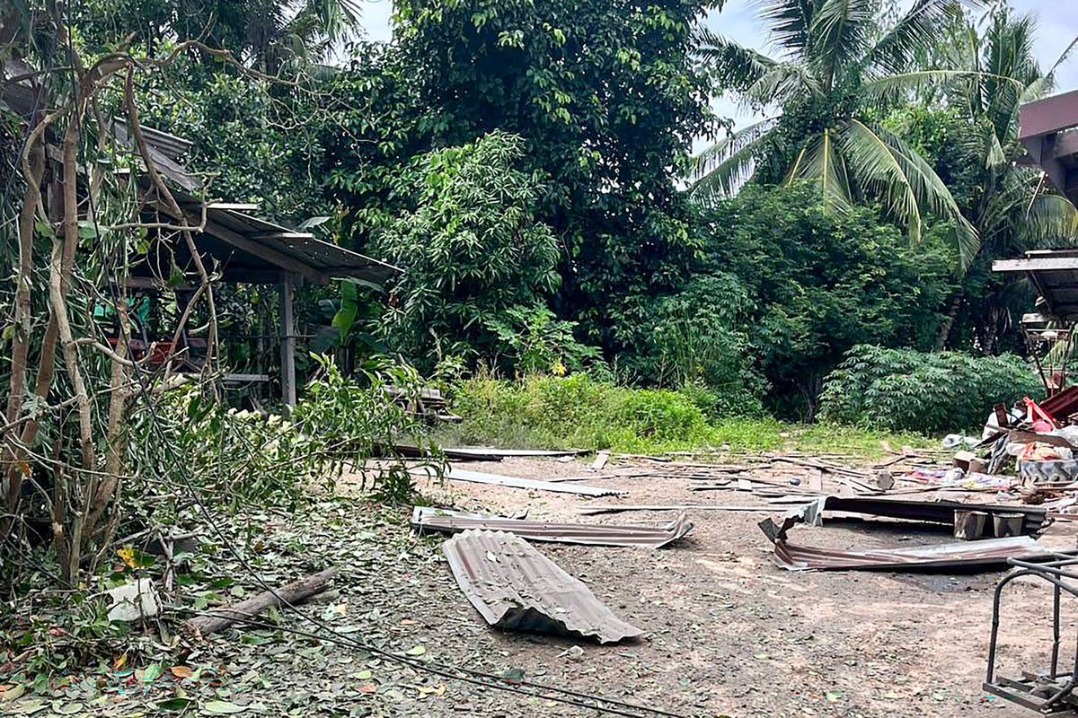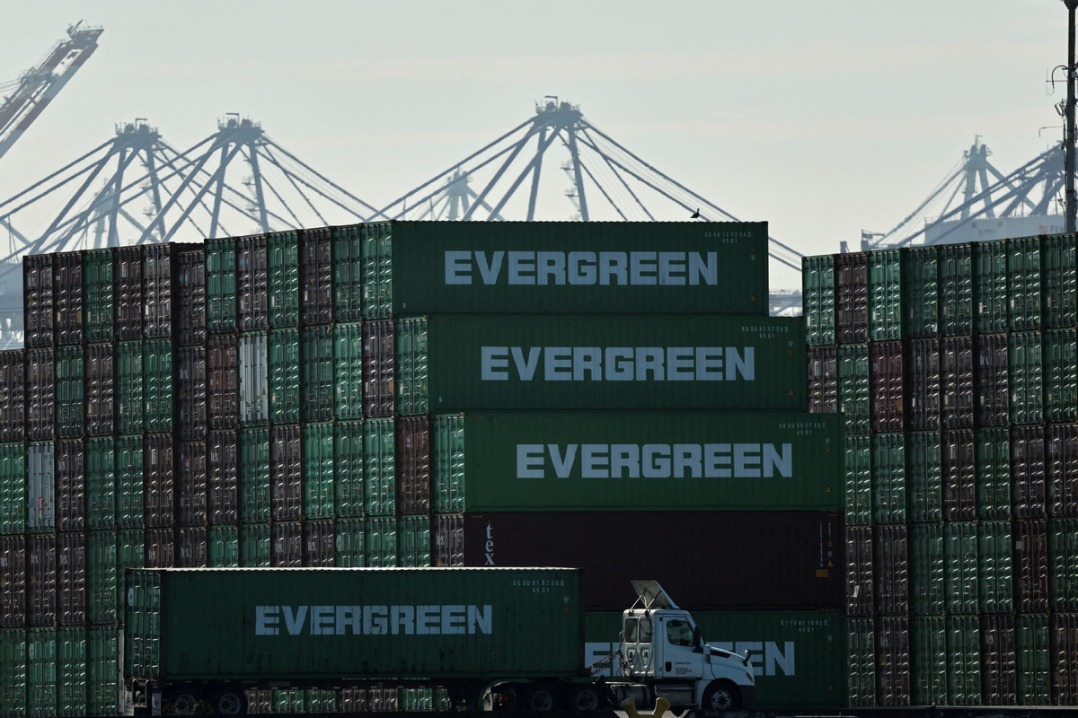9 Chinese cities accredited as intl wetland cities

VICTORIA FALLS, Zimbabwe -- A total of nine Chinese cities were accredited as international wetland cities on Thursday during the opening of the 15th Meeting of the Conference of the Contracting Parties to the Ramsar Convention on Wetlands (COP15) held in Zimbabwe's resort city of Victoria Falls, bringing the total number of such cities in China to 22, the highest in the world.
The nine newly accredited cities are Chongming in Shanghai, Dali in Yunnan province, Fuzhou in Fujian province, Hangzhou in Zhejiang province, Jiujiang in Jiangxi province, Lhasa in the Xizang autonomous region, Suzhou in Jiangsu province, Wenzhou in Zhejiang province, and Yueyang in Hunan province.
Johane Chenjekwa, mayor of Kasane in Botswana, commended China for promoting wetland conservation, noting that Africa can benefit from cooperation with China in wetland management.
"We will see, as we interact, what we can learn from them. They are also willing to learn from how we do things here, so it's really a (great) experience to be mingling (together)," he said.
Chenjekwa added that as the world faces the common challenge of wetland degradation, joint efforts with China can help tackle its impacts.
In his opening remarks, Jay Aldous, deputy secretary-general of the Convention on Wetlands, noted that while urbanization brings tangible development progress, there is a need to ensure that it does not interfere with wetland preservation.
"Unplanned or poorly managed urban expansion has emerged as a global concern, contributing to the degradation of wetlands, loss of biodiversity, disruption of ecological balance, rising greenhouse gas emissions, worsening air and water pollution, and escalating the impacts of climate change," he said.
In response to these challenges and recognizing the pivotal role of cities and urban wetlands, the Convention on Wetlands launched the Wetland City Accreditation scheme to encourage the protection of urban wetlands and their integration into sustainable urban planning, Aldous said.
"By embracing the convention's principles of wise use, cities can harness the ecological, social, and economic benefits that wetlands provide, including climate adaptation and mitigation, flood regulation, cultural value, and improved human well-being," he said.
Held under the theme of "Protecting Wetlands for our Common Future", the COP15, which will conclude on July 31, has brought together contracting parties to strengthen international commitments to wetland protection.































